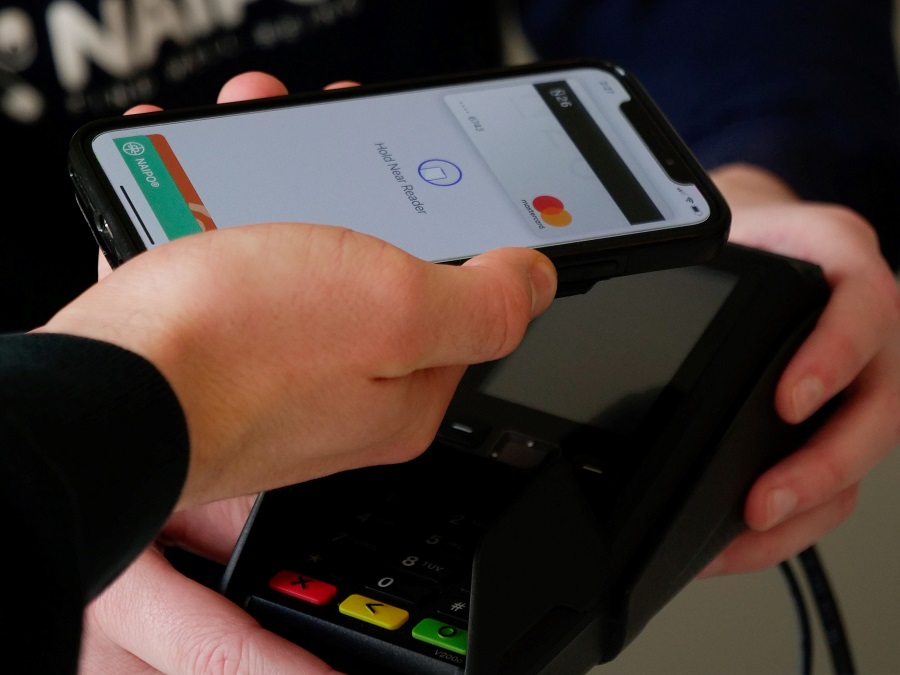The World Islamic Economic Forum (WIEF)’s Businesswomen Network (WBN) brought in leading women of the e-wallet and fintech sector from different parts of Asia to discuss the various potential and threats posed by the very convenient e-wallet that has been a part of the lives of many, post-pandemic. Titled ‘e-Wallet: Embracing A Cashless Transformation’, the event was held online yesterday.
The discussion was moderated by Mazlita Mat Hassan, founder of RECQA, who hosted four speakers, namely Ungku Norliza Syazwan Ungku Halmie, CEO of Boost Life Malaysia; Aarushi Jain, Associate Director of PwC India; Hazlin Abdul Rani, Head of Cryptography Development at CyberSecurity Malaysia; and Chrisma Albandjar, Vice Treasury II of the Indonesia FinTech Association (AFTECH). Representing Asia Pacific’s key players in the region’s fintech industry, they discussed many aspects surrounding the adoption of e-wallets, their uses, threats, barriers as well as the massive potential that can be benefitted from the smallest of businesses to the regional economy.
As much as we believe that e-wallets have been here for quite a while and the use of e-wallets are a lot more widespread in more developed countries and countries with higher financial literacy, the parts of the Asia Pacific region still have work to do in terms of the adoption of e-wallets.

Subscribe to our Telegram channel to get a daily dose of business and lifestyle news from NHA – News Hub Asia!
An e-wallet is basically a digital wallet that you store on your phone, usually via an app, where you keep your money. The money is stored digitally under your digital wallet, otherwise known as your e-wallet account.
The appeal for the e-wallet has seen to significantly increase over the past two years, specifically post-pandemic, due to the efficient and speedy nature of the application. People do not have to rush to banks to withdraw money to pay for their next meal as many vendors we frequent these days offer the e-wallet method for payment – from food and grocery shopping to bill payments and peer-to-peer transfers, this can all be done with a few clicks on your phone, with little to no movement involved. Seemingly convenient, isn’t it?
However, this convenience is not as equally distributed across every country within the region. This is because, for countries like Malaysia, Indonesia and India, the convenience that e-wallet provides can only be enjoyed in the more urban areas of the country whereas the more rural areas do not have the access to or education on e-wallets.
According to Aarushi Jain from PwC India, e-wallet providers should work with local influencers to help them convey the message about fintech and how easy it is to use, as well as what is in it for them and how they could make use of the technology.
The wonders that e-wallet gives are not limited to the general consumers alone. Businesses, big or small, can all take part in using e-wallet services to further ease, and even expand their businesses.
Boost Life’s CEO Ungku Norliza, said that Boost, until today, has given out RM1 billion in loans for SMEs and micro-SMEs to expand their businesses – all in its efforts to create a more rapid adoption of e-wallets amongst businesses. Boost believes that the e-wallet service is just one of the components of an integrated solution that technology can provide help for companies and ease their operations.
With more companies heading towards digitisation of their operations, it is also imperative to be aware of the many threats that exist within the digital space, especially within the fintech sector. “Digital wallet applications should have the utmost security as the wallet contains our hard-earned money,” said Ungku during the talk.
Also sharing the same sentiment is the Advisor of DANA, Indonesia’s digital wallet company Chrisma Albandjar. “Personal data security is important because that’s only when people will believe with their data, which includes login credentials and other valuable information stored on electronic devices,” said Chrisma.
As more threats continue to surface, Head of Cryptography Development at CyberSecurity Malaysia, Hazlin Abdul Rani, advises people from all segments, to be vigilant. It is important to pay attention to the most microscopic detail that may be omitted or tweaked in a third-party site claiming to be your local vendor, or even banks, for that matter.
All in all, it ultimately comes down to the collective effort that needs to be made not only by the banks but by e-wallet providers, educational institutions as well as government agencies as the potential that e-wallets have in transforming our economy is very significant.
*This article was written by NHA Reporter, Kanessha Rama Krishnan.

